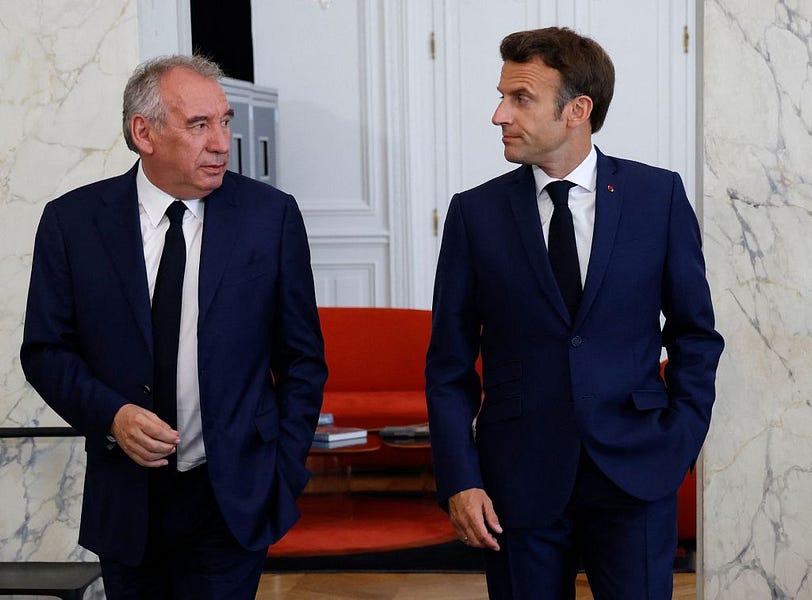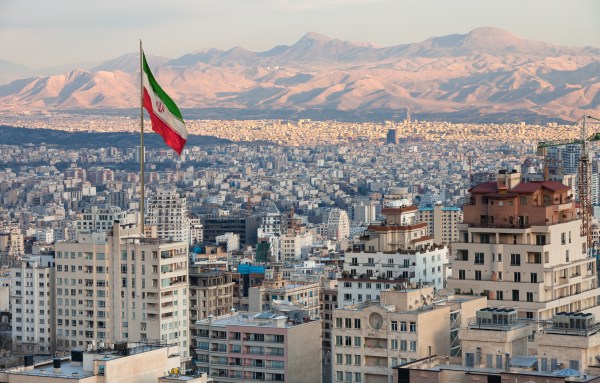Following the French parliamentary elections in June, recently re-elected President Emmanuel Macron is left with a ship that has become harder to maneuver. His coalition of centrist parties gathered 250 seats, 39 short of an absolute majority. In practice, this means that he does have the ability to maintain a government friendly to his cause, but that he needs support from other parties to pass, amend, or repeal laws in France’s National Assembly.
From a political standpoint, Macron faces pest or cholera when fishing for the remaining 39 votes. Marine Le Pen’s National Rally has become the largest opposition group in parliament, with 89 seats. Given the hostile campaign and the stigma associated with Le Pen, Macron doesn’t seek the support of her party and probably wouldn’t get it even if he sought it. The French Republic Party, which won only 62 seats, has turned increasingly right-wing during the last campaign, with leader Valérie Pécresse even spouting the “Great Replacement” conspiracy theory. Neither will it be an ally for Macron.
This only leaves the NUPES group as a potential vote-carrier for the government. NUPES (translated into English: New People’s Ecologic and Social Union) is a far-left movement rallying anyone from environmentalists and hardline socialists to the French Communist Party. The movement’s election manifesto is a political rollercoaster, ranging from higher taxes to large-scale industry nationalizations. On NATO the different factions disagree on specifics, yet most say they prefer to leave the alliance. On the international financial and trade system, NUPES says: “Bring to the International Monetary Fund (IMF), the World Bank and the World Trade Organisation (WTO) proposals for a break with international neoliberalism.”
Macron’s government delivered the first item on the leftist wish list in announcing the nationalization of Électricité de France (EDF). Truth be told, EDF had already been under majority government control, yet the attempt by the government amid the war in Ukraine might very well be to put energy prices under strict price controls. In fact, the election campaign largely played out on the issue of purchasing power, which has suffered severely under high energy costs for households and industry in France. Adding to that, the government under newly appointed Prime Minister Elisabeth Borne announced an increase in student subsidies, subsidies to counter high fuel prices, and an increase in government worker pay.
In the coming years, Macron’s centrist alliance will need to make opaque trade-offs with the socialists, environmentalists, and communists to continue implementing its agenda. Despite having secured a second term, Macron faces a loud and hostile parliament, where those MPs who aren’t on his side believe either that immigrants are out to destroy the nation or that it’s totally acceptable to have a hammer and sickle in a political party emblem in 2022. From a pure image perspective, he’ll have to make legislation with the latter rather than the former.
To make a more significant impact and to cement his legacy (presidents in France are limited to two terms), Macron will look outward. He will likely push the European Union to legislate further on big tech companies, crack down on tax competition, and create lasting social welfare rules such as a binding minimum wage across the EU. Here again, he is likely to orient himself on the prevailing political majority in his own parliament at home.
As German Chancellor Olaf Scholz is polling low with his Ukraine policy and his coalition is weak, this makes Macron the ongoing strong leader in the European Union. In essence, the French president is outsourcing his legislative capabilities from Paris to Brussels. For the foreseeable future, the question “Who do I call when I want to call Europe” can be answered with: Emmanuel Macron.
Bill Wirtz is a political commentator from Luxembourg, covering EU politics and policy.






Please note that we at The Dispatch hold ourselves, our work, and our commenters to a higher standard than other places on the internet. We welcome comments that foster genuine debate or discussion—including comments critical of us or our work—but responses that include ad hominem attacks on fellow Dispatch members or are intended to stoke fear and anger may be moderated.
With your membership, you only have the ability to comment on The Morning Dispatch articles. Consider upgrading to join the conversation everywhere.